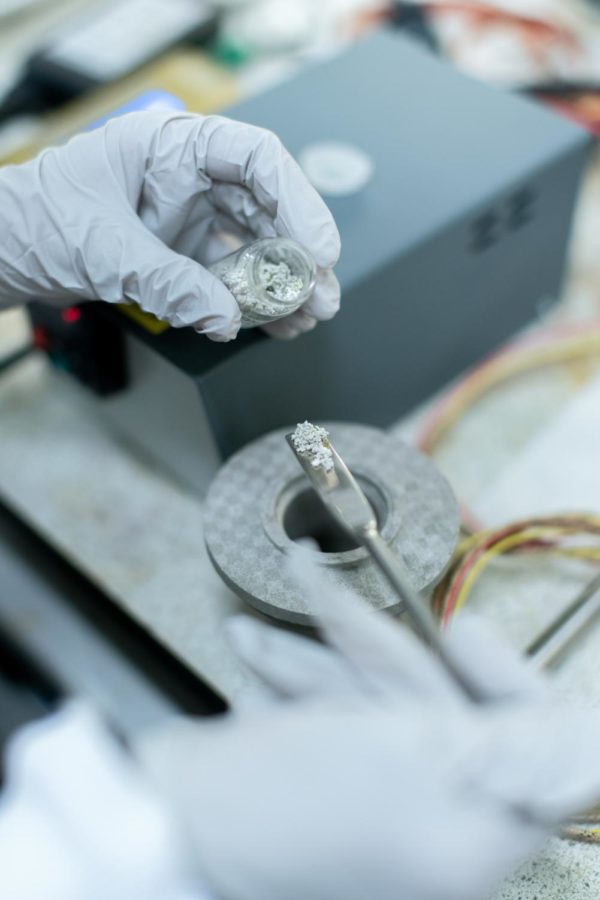Ward Melville Senior Joseph Sciotto Wins 2023 Long Island Science & Engineering Fair
April 25, 2023
On March 7, Ward Melville Senior Joseph Sciotto won first place in the Earth and Environmental Sciences category at the Long Island Science & Engineering Fair (LISEF). Through Ward Melville’s InSTAR Program, he submitted his work to Round 1 of the competition, virtually, in January. After making it past Round 1, he was eligible to compete in person at the Crest Hollow Country Club for Round 2 in March. After placing first in his category, within Round 2, he will now head to Dallas, Texas in mid-May to compete in the 2023 Regeneron International Science and Engineering Fair (ISEF).
Vincent Vinciguerra: “First off, congratulations on your win at LISEF! What was your science research about and what do you think separated you from the rest of the competitors?”
Joseph Sciotto: “And wow. I don’t know actually know what separated me from my competition. I think it had a lot to do with my overall preparedness with explaining my work. Some of it was pretty complex but I feel I was able to reach a broad audience with my presentation and focus on the key highlights. In addition, I would say that the scope of my work went very far. I had a lot of data to cover, and many of my judges noticed that I had contributed a fair amount. Though I wouldn’t say any projects in my category were bad, I would say that it was hard to judge because of the wide variety of projects there were in the Earth and Environmental Sciences category.”
VV: “Interesting. What were some of those key highlights of your research?”
JS: “Most of the key highlights had to do with data collection. My research focused on getting some of the spectral characteristics of Martian minerals that are in soils there, so many of the key highlights were in how I used the machinery provided to complete my research. Primarily, I used a Raman spectrometer, which uses lasers to determine the difference in the amount of energy inputted into the molecule versus outputted. This can tell us a lot about the internal structure of the molecule. Using this machinery, we can gain a greater understanding of the soils on Mars by helping the rovers in their missions to classify soils through scanning and comparing them to what we found.”
VV: “Do you think it’s plausible that some future Martian missions may use some of the data that you collected?”
JS: “Absolutely! All of my data was/will be sent over to the databases that the Martian rovers use to classify soils, so hopefully I hear back soon in the future regarding the status of this data and when and where it was used, if at all. I think it would be really interesting to find some of the minerals I made on Mars because of the fact that it’s real; that blows me away every day.”
VV: “With your success in research, do you have any goals for your next round of research at ISEF? What tips would you give to any other LISEF and ISEF hopefuls from Ward Melville?”
JS: “As for my next goals, I don’t think I have any. I’m just excited to meet so many new people and learn about the work they did, and I’m also so excited to connect with people from around the world because that has to be really cool. For tips, I would just say work hard in your field, make sure you fully understand your research, ask as many questions as possible and just really learn as much as you can because that’s what it’s really about. Success in research is honestly irrelevant, it’s so much more important to learn something new and get experience.”



